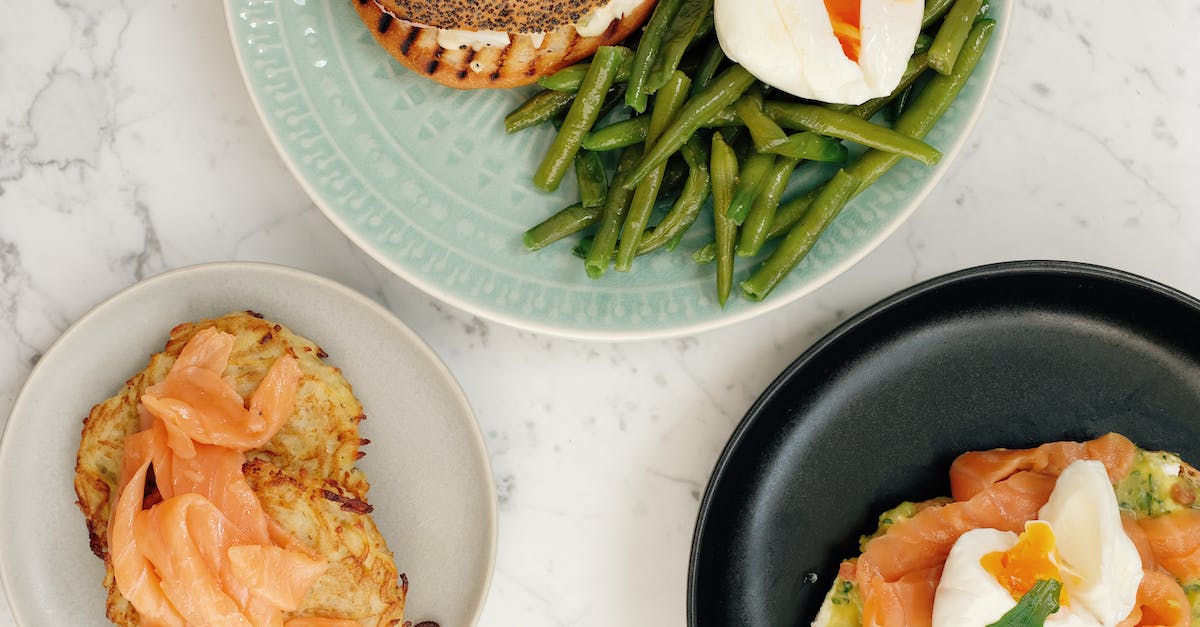Ever noticed feeling down after binge-eating junk food? Ever felt cheerful after having a healthy, enjoyable meal? Well, there’s a scientific reason behind it. In this article, we will delve into the intriguing connection between food and mental health, explaining how what we eat can influence how we feel. We’ll explore the science behind our daily meals’ impact on our moods, answer some FAQs, and provide some tips for maintaining a healthy mind by maintaining a healthy diet.
Fueling Our Minds: The Science Behind the Food-Mood Connection
Our brain is a highly active organ that requires a significant amount of energy. Food, our primary energy source, can influence our brain function and mood by impacting our body’s biochemistry. Essentially, what’s on our plate affects what’s happening in our mind.
How Can Food Impact Our Mood?
The connection between food and mood comes down to neurotransmitters, chemical messengers that signal our brain about various aspects of our wellbeing. Certain constituents in our food can either boost or disrupt the synthesis of these neurotransmitters, dictating our mental state.
- Tryptophan: Found primarily in protein-rich foods, this amino acid plays a crucial role in producing serotonin, a neurotransmitter that promotes happiness and relaxation.
- Omega-3 Fatty Acids: Abundant in oily fish and walnuts, these essential fats boost brain function and have been linked to lowered depression rates.
- Refined Carbohydrates: These can cause spikes and rapid drops in blood sugar levels, leading to mood swings and energy fluctuations.
A Meal Away from Mood Swings: Foods for Mental Health
Let’s examine some nutrition powerhouses that can help keep our mood stable and boost our overall mental health.
Which Foods Can Improve Mental Health?
- Leafy Greens: Packed with folate, they can prevent a dip in serotonin levels, helping to stave off depression and anxiety.
- Probiotic-rich Foods: These beneficial bacteria found in yogurts and fermented foods provide a much-needed boost to our mood-microbiome connection.
- Oily Fish: Their high omega-3 content bolsters brain function and regulates mood.
Preventing “Mood Foods”: Dodging the Dietary Pitfalls
Weakened mental health isn’t just about what you don’t eat; it’s also about what you do. Here’s a look at foods linked to poor mental health outcomes.
Which Foods Can Harm Mental Health?
- Fast Food: Typically high in refined carbs and unhealthy fats, junk food can upset our delicate mood balance.
- Caffeine: While a little can provide a temporary mood boost, too much caffeine can lead to increased anxiety and disrupted sleep, both dampening our mood.
Can Food Really Change the Way You Feel? You Bet!
Are we creating a whole mood with our food? Yes, we certainly are! Pretty much like how a good book nourishes the mind, the right kind of food nourishes the body.
Your Quick Guide: From Plate to Mood
So, what’s the bottom line? Can the right food choices act as a secret weapon against mood swings, anxiety, and depression? The answer is a resounding yes! Choose wisely, and remember that being conscious of how your diet affects your mood can lead to better mental health.

